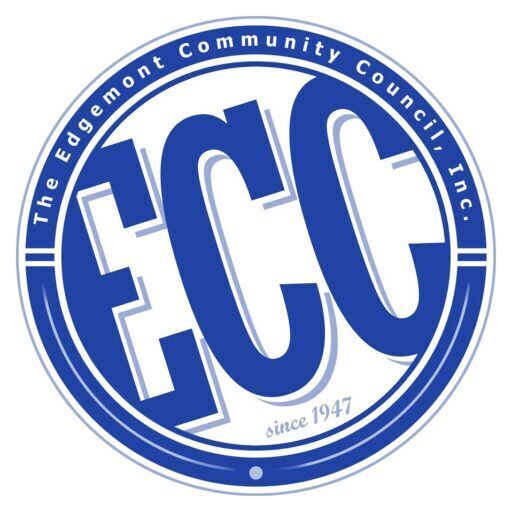The Edgemont Community Council last night asked the Greenburgh town board not to approve the Town’s proposed comprehensive plan – a blueprint for the Town’s future development for the next 20 years that the Town has been working on for the past eight years – without first having it vetted by a professional independent consultant.
Town officials last month announced their intention not to have any outside consultants help at all with the “good hard look” that New York requires municipalities to take under the State Environmental Quality Review Act or SEQRA, whenever major land use decisions are made.
The Town plans instead to have all the work done in house by the Town’s planning commissioner and along those lines, the planning commissioner has already drafted his own findings that purport to take the “good hard look” and, having drafted the findings himself, not surprisingly finds nothing worthy of any further study.
There is no requirement that municipalities hire independent professional consultants to comply with SEQRA when approving a comprehensive plan, but most municipalities in New York have done so.
When a developer recently proposed building nearly 300 apartments in the unincorporated section of Ardsley, Town officials were so determined that there be independent professional review under SEQRA, they held three public “scoping” sessions with the consultant to come up with what needed to be studied.
Indeed, when Greenburgh first decided in 2008 to proceed with creating a comprehensive plan, it specifically budgeted for the outside professional consultant it retained to assist in developing the plan – at a total cost of $400,0000 — and to also conduct the final SEQRA review before the plan was to be adopted.
But Greenburgh officials decided after two years of working with the consultant that they preferred instead to do all the planning work in house; consequently, they stopped using the consultant’s services, and instead had the Town’s planning commissioner do all the “planning.” And they don’t plan on bringing the consultant back to do any final SEQRA study either.
Having the planning done by town employees was never what was intended when the ECC led the effort in 2006 and 2007 to persuade town officials to launch an effort to draw up a comprehensive plan.
ECC officials said at the time that Edgemont needed a comprehensive plan to protect itself from the Town not having a plan at all, which the ECC said put Edgemont at risk of ad hoc zoning where, whenever a project was proposed, town officials would decide in their discretion whether they liked it, and if so, they would change the zoning code to allow the project to be built.
The ECC always expected the Town’s plan to be put together and vetted by an independent professional consultant and, having paid with other unincorporated area taxpayers for the services of a professional consultant to do the work, the ECC felt the Town owed Edgemont and all other residents of unincorporated Greenburgh a plan that was fully thought through by paid professionals. That of course is not what happened.
In their first monthly meeting Monday night since the start of the fall season, ECC directors said they were not happy with the proposed comprehensive plan to begin with because of its failure to come up with any plan to improve the Central Avenue corridor in Edgemont, thus leaving Edgemont at risk of a “zone to the deal” mentality, where town officials might support any project proposed there, without regard to whether the zoning code permits it, and then change the law or ignore it altogether.
The proposed comprehensive plan now on the table calls for a continuation of the status quo on Central Avenue and thus punts on coming up with measures to maximize revenue from Edgemont’s commercial sector while at the same time minimizing impacts on the school district, infrastructure, traffic, noise, air and light pollution, and other quality of life issues.
Edgemont’s commercial sector accounts for 18% of Edgemont’s tax base. ECC president Bob Bernstein said that creating a robust commercial sector for Edgemont is essential in order for Edgemont to remain economically sustainable.
Central Avenue today consists of many empty store fronts, vacant office space, and some iconic structures, like the European Health Spa, which the Town has allowed to remain vacant and deteriorating for the past 25 years.
Frustrated by what they see as a failure by town officials to deliver on a promise they made years ago to develop for Edgemont and the rest of unincorporated Greenburgh a comprehensive plan with the assistance of an independent professional planning consultant, ECC directors unanimously approved a resolution calling for the Town to hire such a consultant at least to vet what the Town is proposing to do.
“Hiring an independent consultant to vet the Town’s proposed comprehensive plan is the last opportunity Edgemont will have as part of unincorporated Greenburgh to get the Town to reverse course and finally come up with a plan for Edgemont and Central Avenue that makes sense,” Bernstein said. “Of course, if Edgemont incorporates, its new government will be able to commission its own comprehensive plan for Edgemont’s Central Avenue corridor.”
